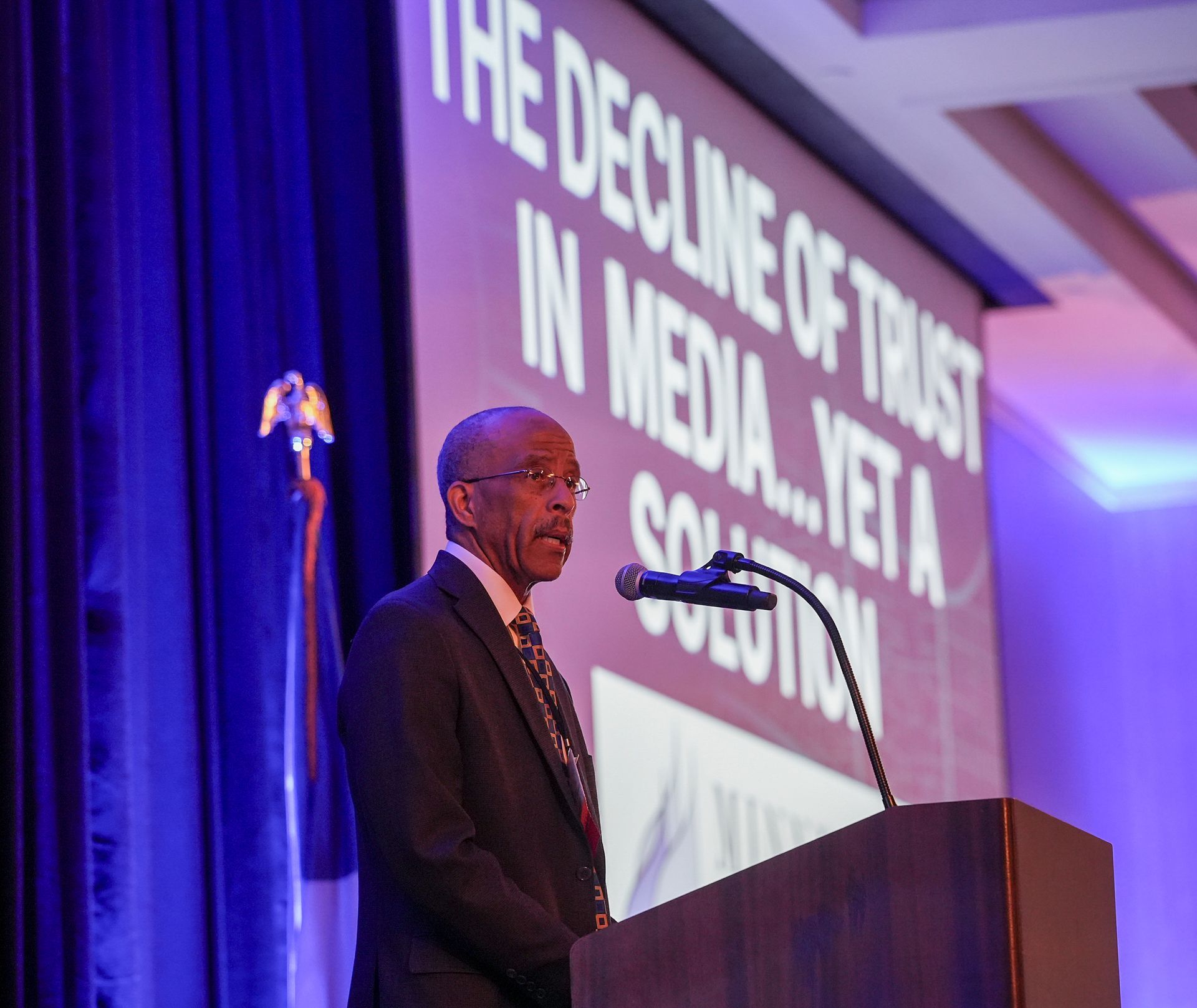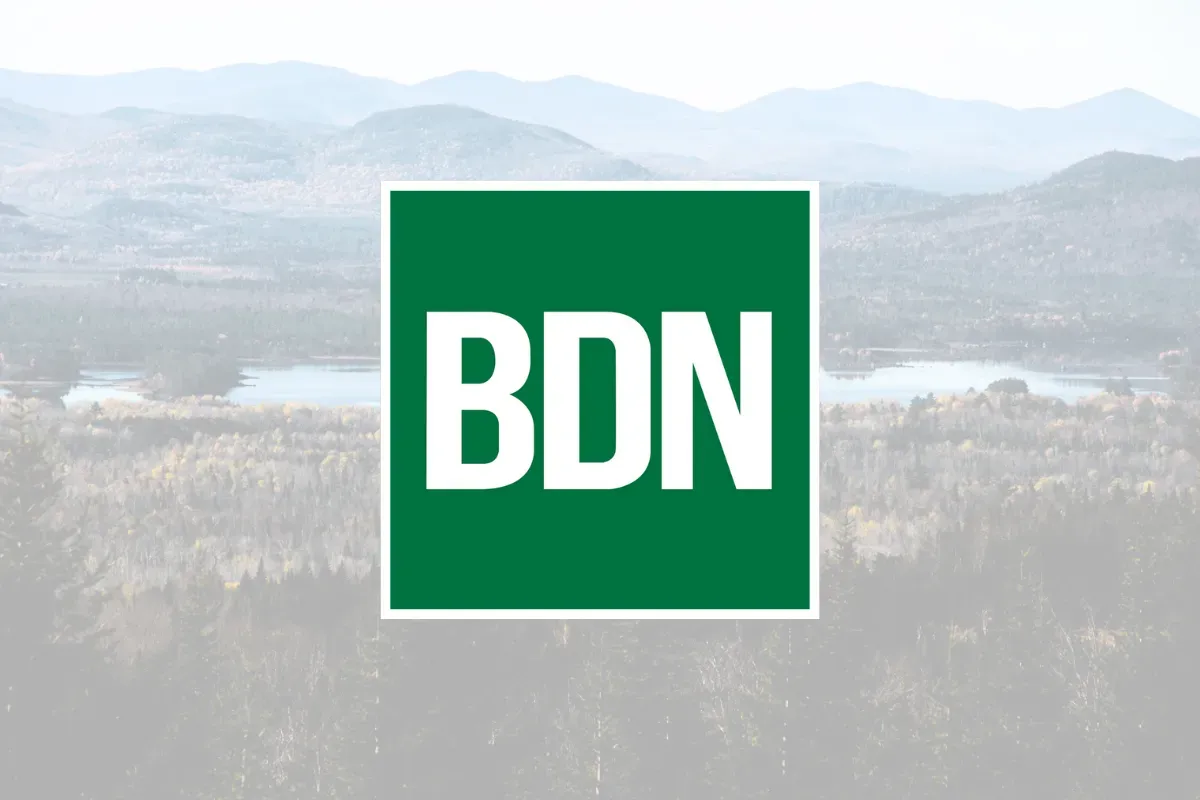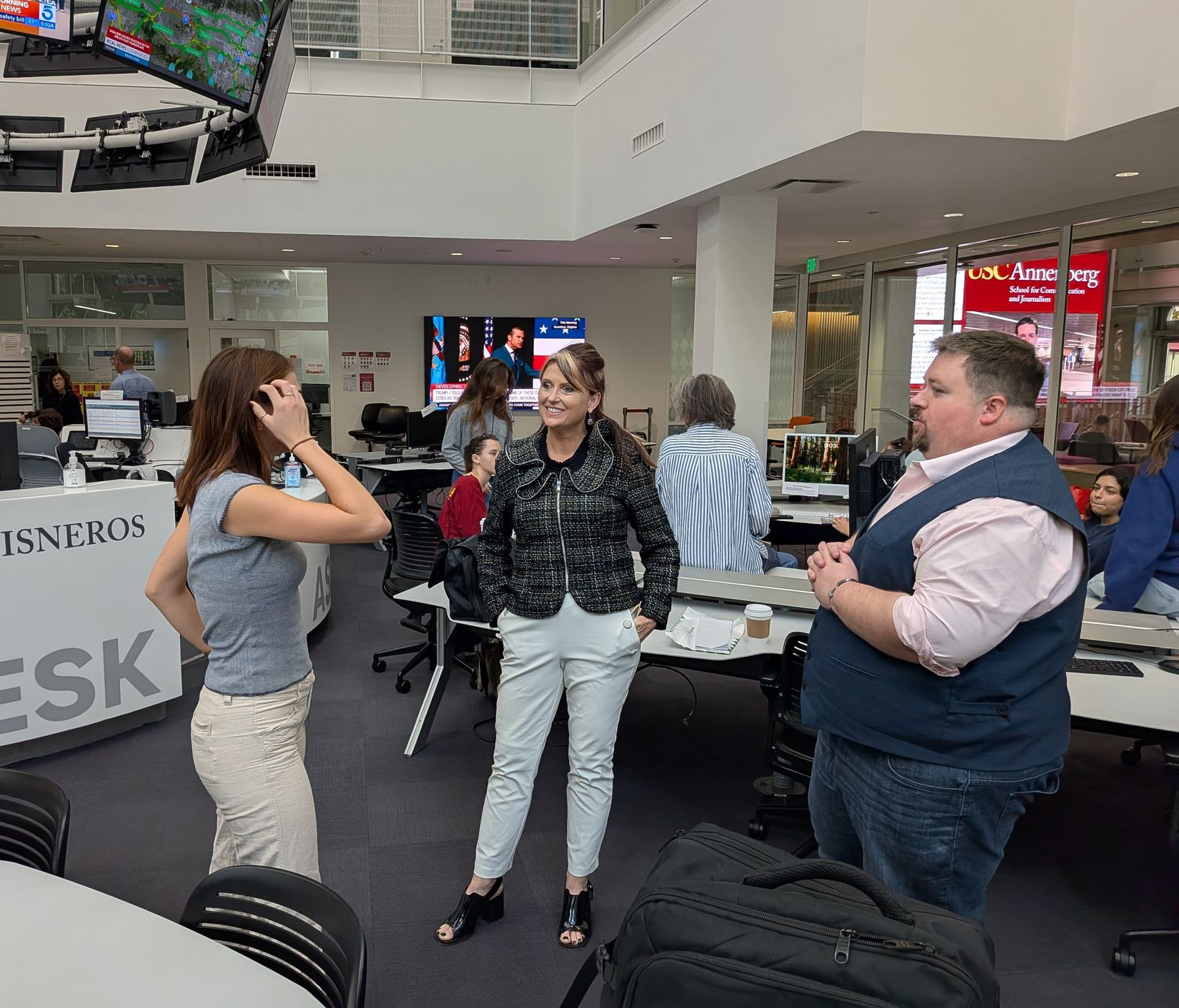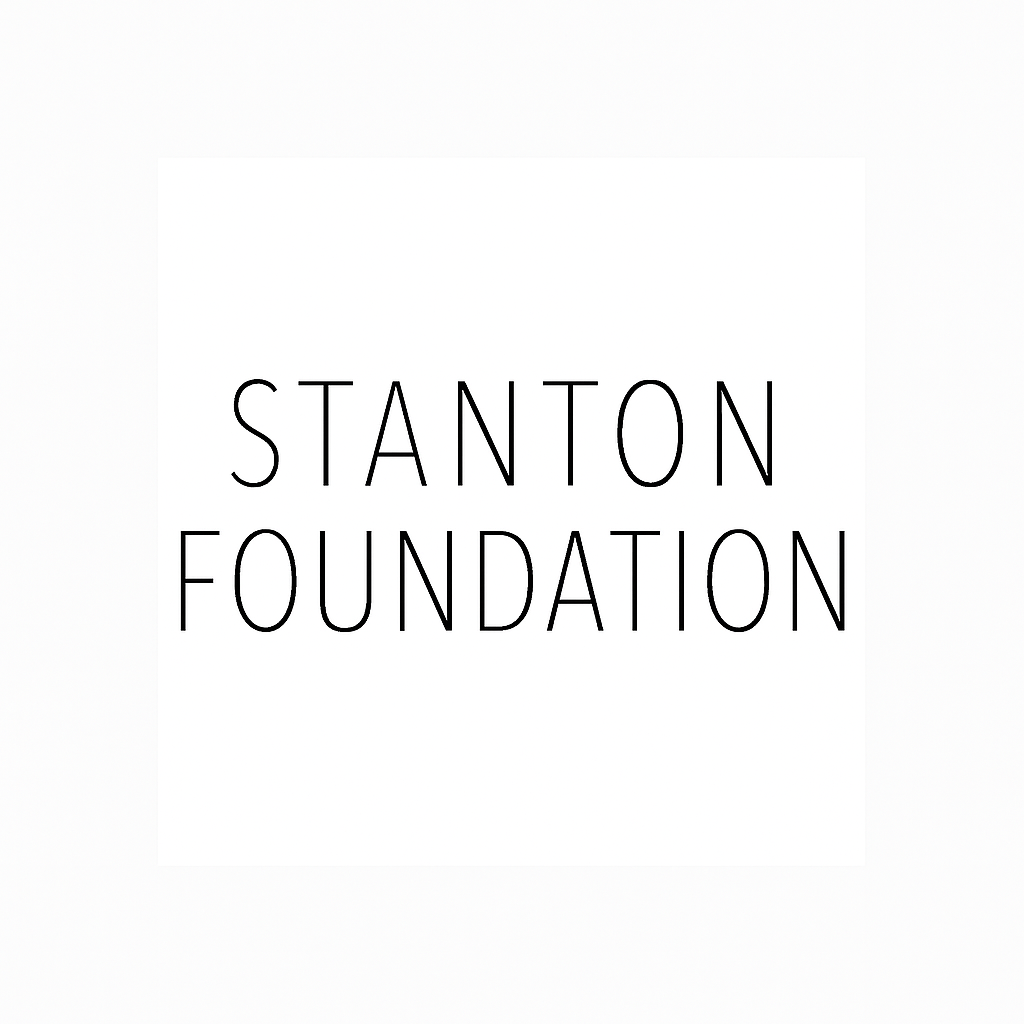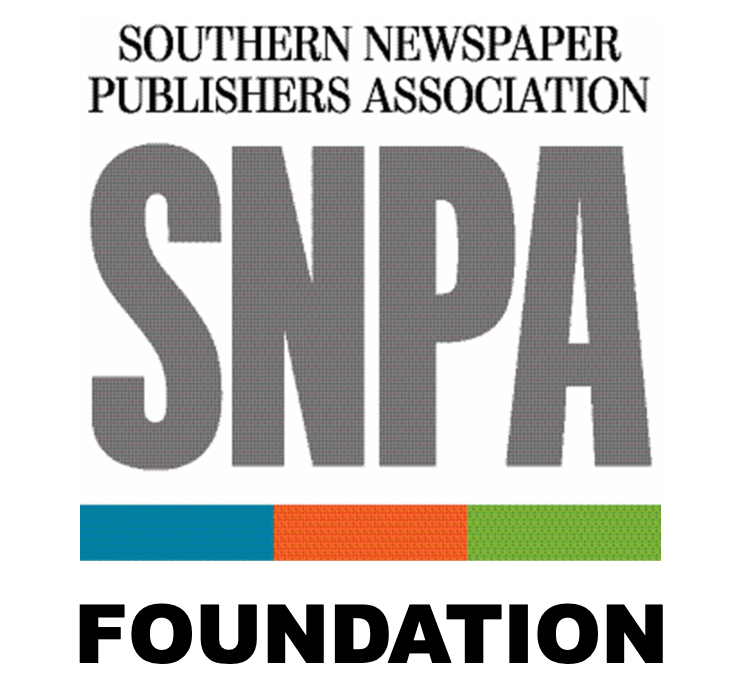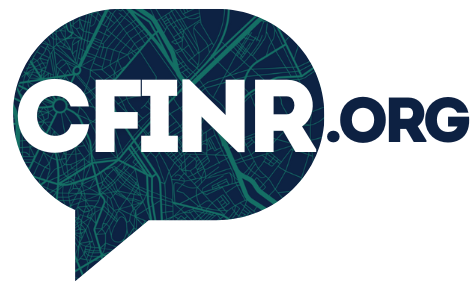Dallas Morning News Op/Ed: To restore trust, the news media needs to reexamine itself
The following op/ed was first published in the Dallas Morning News on Oct 31, 2025 and is reprinted here with permission:
To restore trust, the news media needs to reexamine itself
By Walter E. Hussman Jr.
Here are important questions for all Americans to consider: how can we have a sustainable, even a survival democratic republic without a well informed public? And how can we have a well informed public if they do not trust the news media?
There is no question that the public has lost confidence in the news media in America. The Gallup organization does an annual poll on trust in US institutions. Back in the 1970s, trust in news at times exceeded 70%. In the Gallup poll just released this October, trust in the news media dropped to an all-time low. Only 28% of the American public have a “great deal or a fair amount of trust” in news reporting.
It is well documented why Americans don’t trust news. Back in the 1970s, when Walter Cronkite was perhaps the most trusted man in America, he gave the news objectively; he never offered his own opinions. Today there is way too much opinion in news reporting. This was verified when iGallup, with the help of the Knight Foundation, interviewed 20,000 Americans across all 50 states, and released a report in 2020. Here are the exact quotes from that survey:
“A majority of Americans currently see a great deal (46%) or a fair amount (37%) of political bias in news coverage. 68% of Americans say they see too much bias in the reporting of news that is supposed to be objective as a major problem…..”
In 2021 the Reuters Institute for the Study of Journalism at Oxford University in England did 92,000 interviews in 46 countries. Responding to the question “do you trust the news media in your country?”, Finland was the highest at 65%. The United States was dead last at 29%.
To borrow a famous Texas phrase, “Houston, we’ve got a problem.” But it’s not Houston, it’s America.
Some argue that people don’t want objective news anymore, they just want their own biases confirmed. That is true for a minority of Americans., but not for the majority. When Reuters did a poll of 80,000 people in 40 countries in 2021, they asked: do you want to get your news from an organization with no particular point of view, one that confirms your point of view, or one that challenges your point of view. Both 60% of Americans and worldwide wanted news from an organization with no particular point of view. There is a segment that wants news reporting to confirm the point of view, but it’s half that number at 30%. The majority of Americans want impartial, objective news, but many wonder where can they go to get it?
Instead of blaming the public, the news industry needs to reexamine itself. A 2023 survey by the Cronkite school of journalism at Arizona State asked 75 editors around the country, many of them at websites, how they felt about objectivity as a news standard. Virtually without exception, they all said objectivity needed replacing. A dictionary definition of objectivity is:
“Not influenced by personal feelings; interpretations, or prejudice; based on facts; unbiased“
To most of the public that definition defines what they want in news reporting.It seems that some editors don’t like what the public wants.
While the lack of trust has accelerated, it’s not unprecedented. In the late 19th century, newspapers aligned themselves with one political party or the other. That’s why you still see the vestiges of that era with names like “Democrat“ or “Republican” in their mastheads. Then an entrepreneurial newspaper owner from Chattanooga, Adolph Ochs, came to New York and got control of the New York Times, which was in receivership. He confronted lots of problems with yellow journalism, sensationalism, and partisanship rampant in the press. He came up with an editorial strategy, which was also a great business strategy. Rather than aligning himself politically one way or the other, he decided his newspaper would be independent. His first day as publisher he published one of the great phrases in American journalism: "...to give the news impartially, without fear or favor…”
That phrase from some 130 years ago could be the key to rebuilding trust in news reporting today in America. His phrase means you do not favor one side or the other, and you demonstrate that by reporting the news impartially.
With so much misinformation and disinformation online today, we need the traditional news media to go back to its traditional values; not just by providing impartial news for the sake of their survival, but for the future of our democratic republic.
Walter E. Hussman Jr., born in Texarkana, was publisher of the Arkansas Democrat Gazette, the largest newspaper in Arkansas, and its predecessor for 48 years, and is currently chairman of the Center for Integrity in News Reporting.
